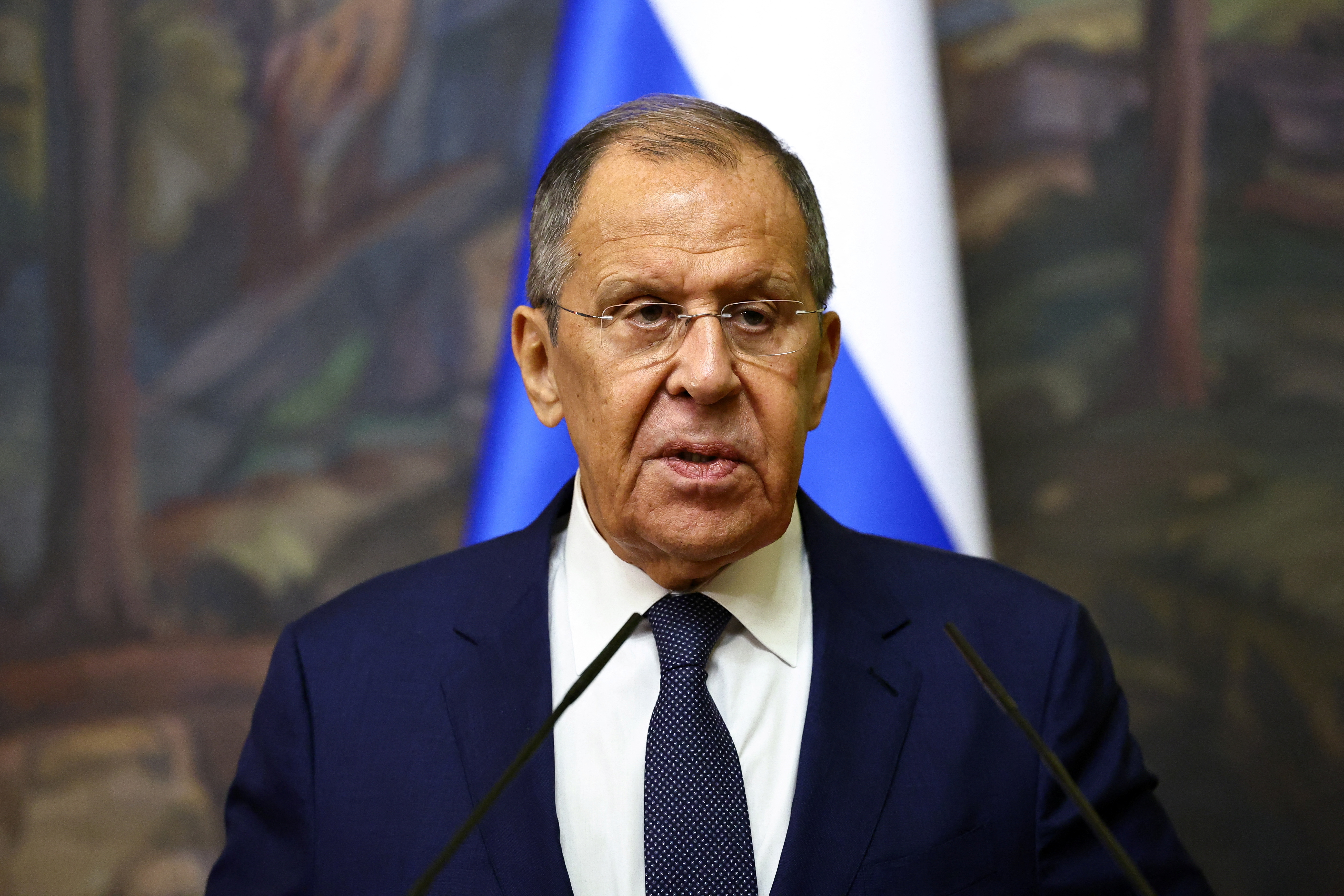Russia warns the United States of the risks of World War Three

MOSCOW, August 27 (Reuters) — In a stark warning to the West, Russian Foreign Minister Sergei Lavrov has cautioned that escalating the Ukraine conflict could trigger a global conflict beyond Europe. His remarks reflect Russia's growing concerns over Western involvement in the ongoing war and the potential ramifications of such actions.
Lavrov’s Warning: Playing with Fire
At a press conference in Moscow, Lavrov accused the West of "playing with fire" by considering allowing Ukraine to use Western-supplied missiles for deeper strikes into Russian territory. He emphasized that this escalation risks drawing in the world's major nuclear powers, suggesting that World War Three would not be limited to European soil.
"We are now confirming once again that playing with fire—like small children playing with matches—is very dangerous for those entrusted with nuclear weapons," Lavrov warned. His comments underscored Russia's frustration with what it perceives as Western provocations and its readiness to respond assertively to perceived threats.
Ukraine's Offensive and Western Response
The recent Ukrainian assault on Russia's Kursk region, marking the largest foreign attack on Russian soil since World War Two, has heightened tensions. Ukrainian President Volodymyr Zelenskiy claimed that the attack demonstrated the Kremlin's threats of retaliation might be overstated. Zelenskiy has urged Western allies to increase support for Ukraine, suggesting that existing constraints are limiting Kyiv's military options.
Russia contends that Western weaponry, including U.S. HIMARS missiles and British tanks, has been used in the Kursk attack. Despite these allegations, the U.S. and its allies deny any direct involvement in planning or executing the attack on Kursk.
Nuclear Doctrine and Clarifications
Lavrov also revealed that Russia is "clarifying" its nuclear doctrine amid the escalating situation. Russia's current doctrine, established in 2020, outlines conditions under which nuclear weapons might be used. These include responses to nuclear or weapons of mass destruction attacks, or conventional attacks that threaten the state's very existence.
The clarification of this doctrine appears to be a response to the ongoing conflict and growing tensions with the West, signaling Russia's intent to reinforce its nuclear posture in the face of perceived threats.
U.S. and Western Intelligence Involvement
Russian intelligence chief Sergei Naryshkin and Deputy Foreign Minister Sergei Ryabkov have expressed skepticism about Western claims of non-involvement in the Kursk attack. They have suggested that U.S. and British intelligence support for Ukraine’s military operations is evident. Reports indicate that Western countries provided satellite imagery and other intelligence to help Ukraine track Russian movements, though the extent of this support remains a point of contention.
Conclusion: Rising Geopolitical Tensions
Russia's latest statements highlight the increasing risks of a broader conflict as Western support for Ukraine continues. As the U.S. and its allies weigh their responses to the ongoing crisis, the potential for miscalculation and escalation remains a significant concern.
For ongoing updates and analysis on this developing situation, follow Frontline Fusion. Our coverage provides insights into the key geopolitical dynamics shaping global events.